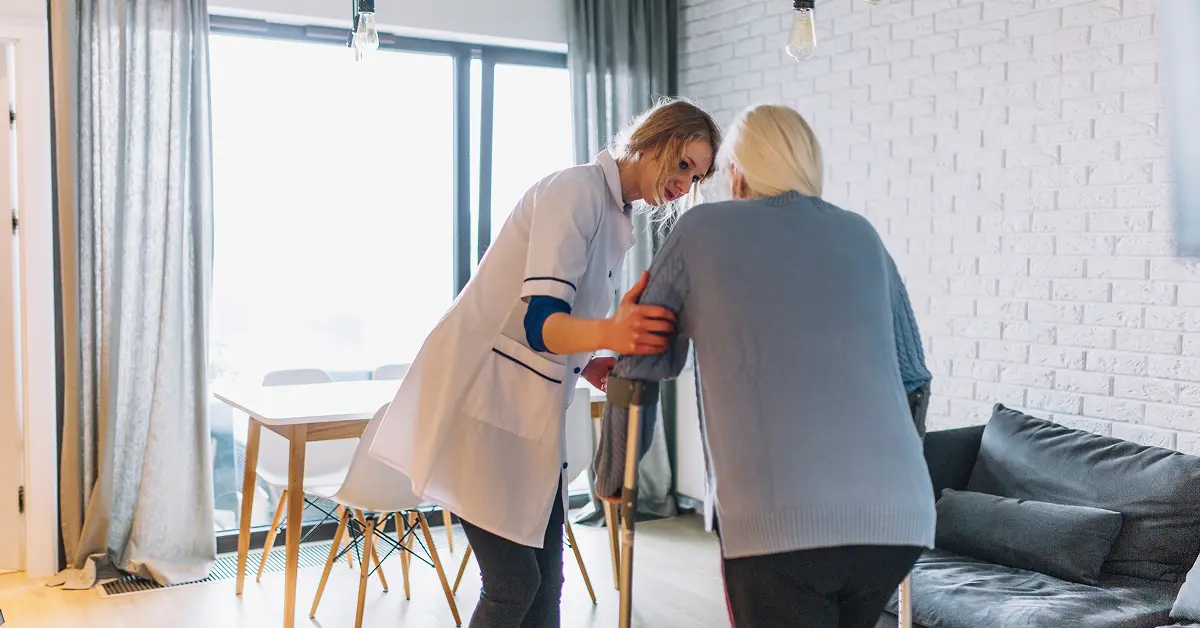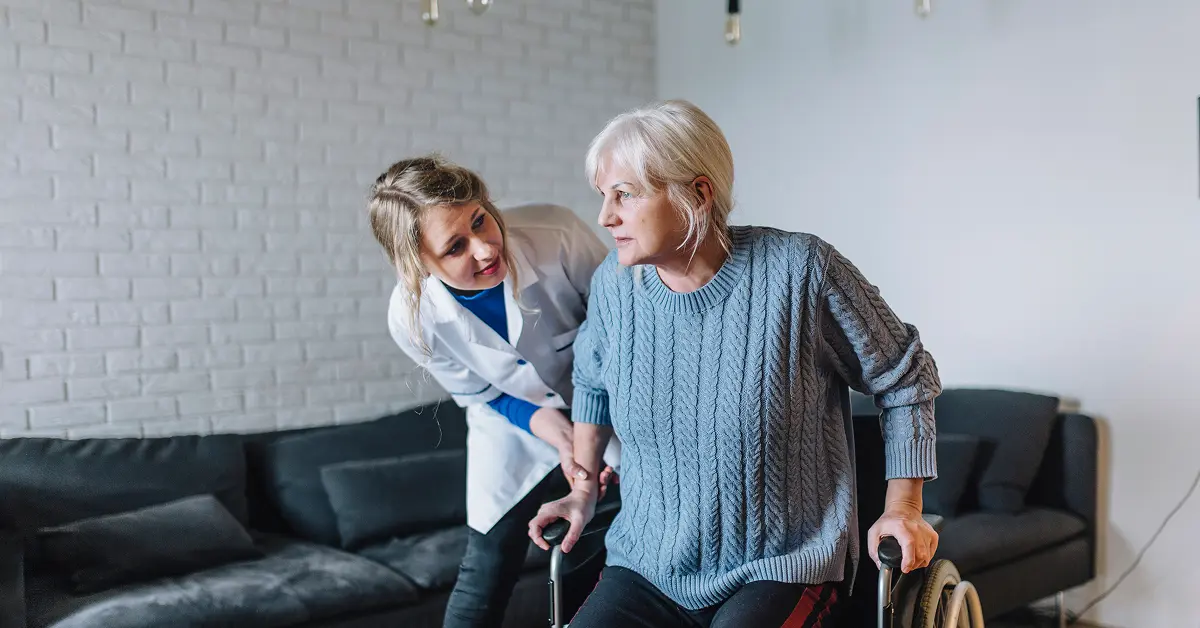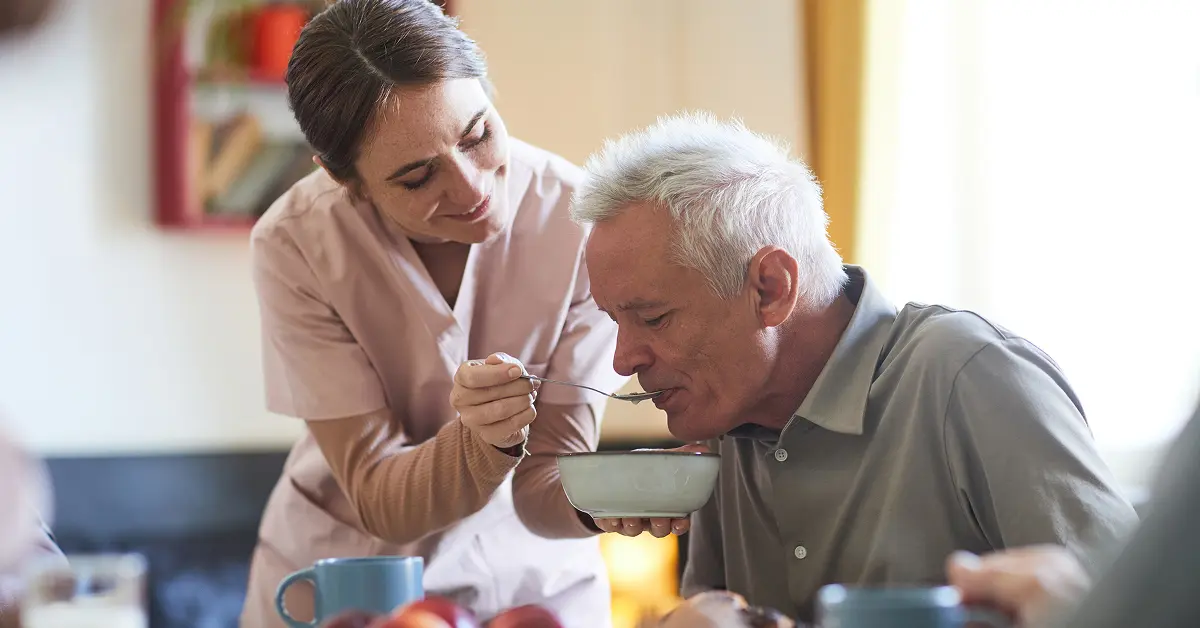When a loved one is released from the hospital, it’s a moment of relief—but also the beginning of a new phase: home recovery. Whether it’s a surgery, accident, or chronic illness treatment, transitioning from hospital to home requires careful planning. Preparing your home properly can ensure comfort, safety, and a faster recovery.
For Indian families, where caregiving often happens within the family, knowing what to prepare at home after Hospital Discharge can reduce stress and prevent complications. This guide covers everything you need to set up for a smooth recovery journey.
Understand the Discharge Instructions Thoroughly
- Speak to the doctor about the recovery plan.
- Understand the medication schedule.
- Know the signs of warning or complications.
- Ask about diet, wound care, physical restrictions, and follow-up visits.
Write everything down or have someone assist you in documenting key points. In India, where home nurses may not always be available, this information is crucial.
Prepare a Clean, Comfortable Rest Area
- Choose a quiet, ventilated room with natural light.
- Ensure the bed is comfortable and easy to access.
- Use cotton bedsheets for breathability.
- Keep extra pillows and blankets within reach.
Make the Home Safe for Mobility
- Remove rugs, cables, or furniture that could cause tripping.
- Install grab bars in bathrooms.
- Place a non-slip mat in the shower area.
- Use anti-skid footwear for patients.
- Arrange for a wheelchair, walker, or crutches if prescribed.
Stock Up on Medical Supplies
Depending on the treatment or surgery, you may need:
- Medications as prescribed
- Wound care items: antiseptics, bandages, cotton, gloves
- Adult diapers (if needed)
- Oximeter, BP monitor, or glucometer
- Thermometer
- Nebuliser or oxygen concentrator, if required
Organise Medications Properly
- Use a medicine organiser box with slots for morning, afternoon, and night.
- Set reminders or alarms for each dose.
- Create a medication chart and stick it near the patient's bed.
- Make sure medicines are labelled clearly and stored safely.
Arrange for Home Nursing or Caregiver Help
- Hire a trained home nurse for daily tasks like injections, wound care, etc.
- Arrange a caregiver or family helper for bathing, feeding, or toileting.
If hiring a nurse is not possible, train a family member or helper thoroughly. In major Indian cities, agencies like Portea, Care24, or Nightingales offer reliable home healthcare services.
Plan for Nutritious Meals
Speak to the doctor or dietitian about:
- What foods to eat and avoid
- Recommended protein intake (especially after surgery)
- Hydration levels
- Meal timing and frequency
Prepare easy-to-digest meals like khichdi, boiled vegetables, dal, curd rice, and soups. Avoid oily, spicy food.
Keep Emergency Contacts and Records Handy
- Doctor’s phone number
- Nearest hospital emergency contact
- List of current medications
- Health insurance documents
- Patient ID or hospital file
Set Up a Routine for Monitoring
Keep a basic logbook to record:
- Temperature, BP, sugar levels (if relevant)
- Daily medication checklist
- Diet and fluid intake
- Sleep and bowel movements
- Pain levels or unusual symptoms
Emotional and Mental Health Support
- Spend quality time with them
- Play bhajans, soft music, or light TV shows
- Encourage reading or talking to relatives
- Engage in light physiotherapy or yoga, if allowed
In some cases, especially after ICU stays, counselling or psychological support may be needed.
Set Up Follow-Up Appointments
- Doctor’s follow-up visit (online or offline)
- Physiotherapy sessions (if prescribed)
- Blood or diagnostic tests (home collection often available)
Use apps like Practo or Tata 1mg to manage health appointments efficiently.
Involve the Whole Family
- One person handles medication
- Another manages food or physiotherapy
- Rotate caregiving shifts
In Indian joint families, this is easier. In nuclear setups, even neighbours or friends can offer occasional support.
Conclusion
Recovering at home after hospital discharge is a delicate phase. With the right planning, your home can become a healing environment. Prioritise cleanliness, safety, and emotional support to ensure your loved one gets back on their feet quickly.
In India, where family plays a vital role in caregiving, preparing your home properly shows your love and care—and makes the recovery smooth and stress-free for everyone involved.
Contents
- Understand the Discharge Instructions Thoroughly
- Prepare a Clean, Comfortable Rest Area
- Make the Home Safe for Mobility
- Stock Up on Medical Supplies
- Organise Medications Properly
- Arrange for Home Nursing or Caregiver Help
- Plan for Nutritious Meals
- Keep Emergency Contacts and Records Handy
- Set Up a Routine for Monitoring
- Emotional and Mental Health Support
- Set Up Follow-Up Appointments
- Involve the Whole Family
- Conclusion
Our 24*7 services
Latest Posts
- What Is Respite Care and Why Is It Important
- Affordable home care for senior citizens in India
- Caring for Seniors with Dementia or Alzheimer's at Home
- Senior Caregiving A Guide for Every Family
- How to Write a Caregiver Resume That Gets You Hired
- How Care After Hospital Discharge Speeds Up Recovery at Home
- How to Get Home Health Care for Seniors Through Medicare
- What Does a Senior Citizen Caregiver Really Do at Home
- How to Care for Elderly Parents with Alzheimer’s or Dementia
- How to Get 24-Hour Care for Seniors at Home



